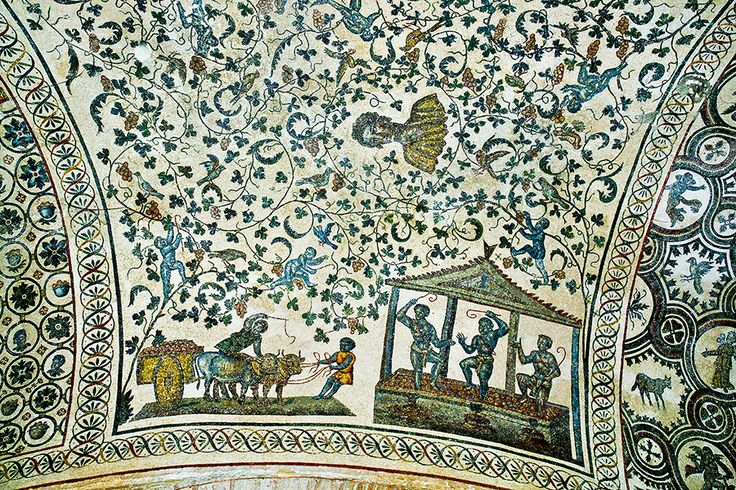24 X 2024: Paulina Komar (UW): Wine, Church and economy during Late Antiquity

Abstract
Wine held a multifaceted significance in Late Antiquity, serving not only as a staple beverage but also as a symbol of divine communion and social cohesion. At the same time, wine economy was deeply intertwined with broader economic structures, contributing to regional prosperity and facilitating networks of exchange across the Mediterranean. This paper delves into the intricate relationship among wine, economy, and the Church, trying to assess the role the latter may have played in shaping the socio-cultural landscape of the Mediterranean world. Christianity significantly changed peoples’ lifestyles and consumer choices. Also, it seems that vineyard estates, which served as economic engines that generated revenue and sustained local communities, often belonged to ecclesiastical institutions. This means that the Church probably played an important role in regulating wine production and distribution, exerting considerable influence over vineyard ownership and wine trade. Overall, Christianity and the Church may have had an important impact on the transformation of the Roman economy during this period.
